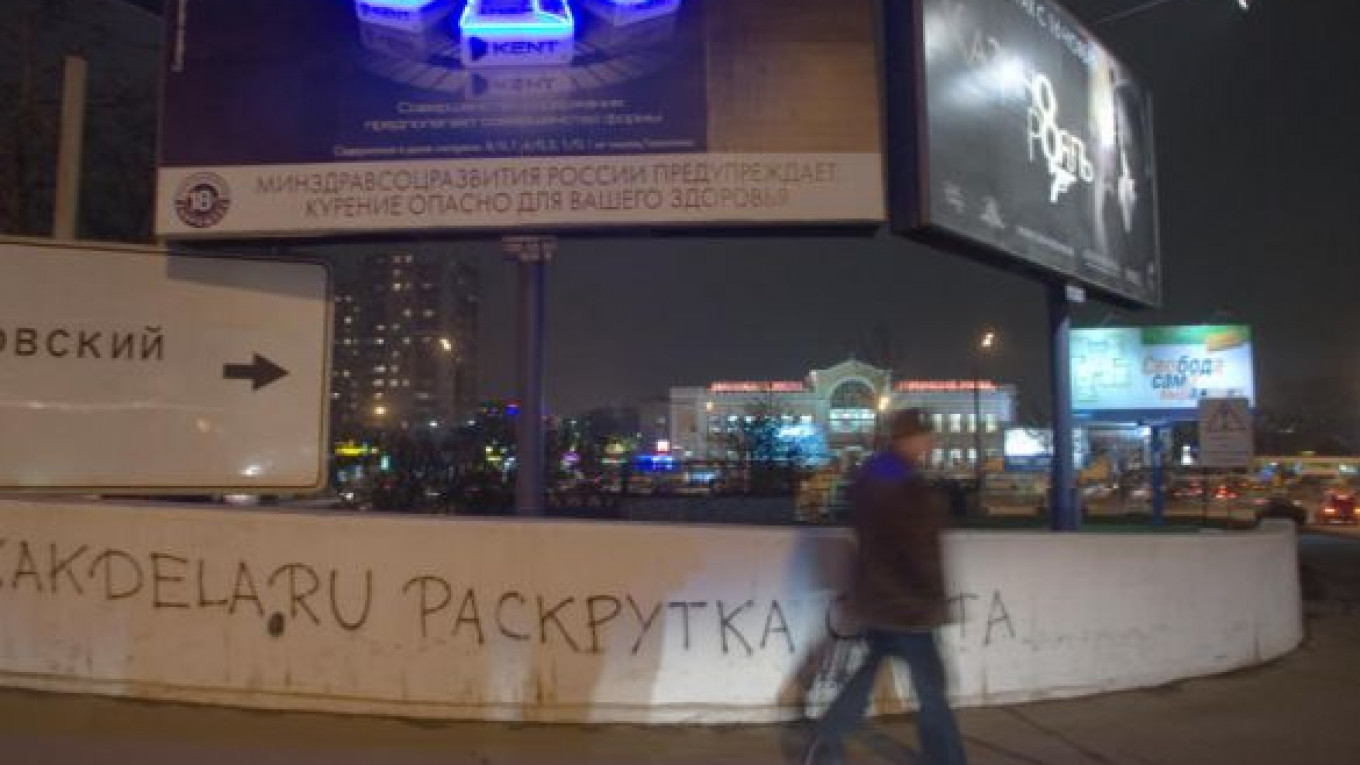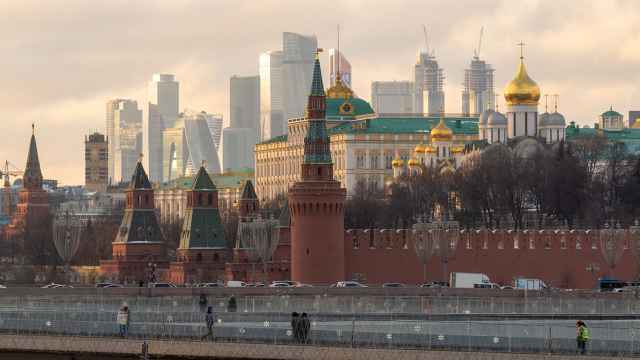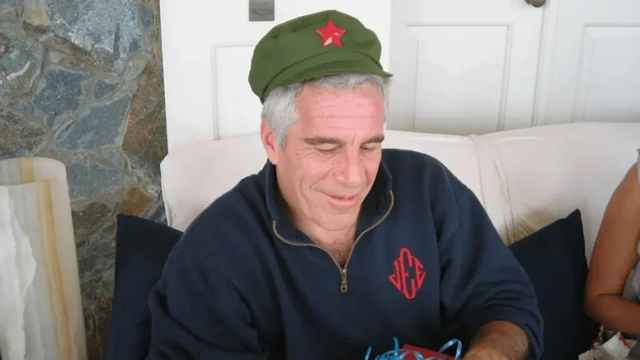As Russia considers annexing Crimea after a weekend referendum, some foreign business leaders in Moscow are not only worried about the possible repercussions for their companies but also about something closer to home: personal safety.
No one has complained publicly about being physically assaulted amid an escalation in anti-Western sentiment, stoked by Russian government officials and state media. But several foreigners said in interviews that they have faced ridicule and feared that resentment might turn ugly.
"It is scary," said a senior U.S. lawyer, speaking on condition of anonymity because he did not want to draw attention to himself or his law firm. "I wish Russian colleagues would get a more balanced view, maybe by talking to colleagues in Britain or the U.S. Their viewpoints are getting more radical, and it is depressing to hear them."
Tensions over Crimea have reminded long-time expatriates of another time when anti-Western sentiments soared: amid the Kosovo conflict in 1999 when Russia strongly opposed a NATO-led campaign there. At the time, Moscow-based foreigners spoke of harassment and were advised to keep inconspicuous, including not speaking a foreign language in public.
Generally speaking, many foreigners consider Moscow to be a safe city to live, saying they even feel more comfortable walking down a street here at night than they would in parts of New York or London.
The U.S. and the European Union, which are weighing the option of imposing sanctions against Russia if it annexes Crimea, have not made any public safety recommendations in recent weeks other than the customary advice to remain alert at all times.
Asked whether the U.S. Embassy has registered any increase in the number of reported attacks against U.S. citizens, a representative said, "We really do not have any comment at this time."
Christopher Van Riet, a tall, lean Texan and managing director of Radius Group, a real estate infrastructure solutions company with about $1 billion in warehouse projects in Russia, said no one had targeted him verbally or physically for being a U.S. citizen.
"I would only start to worry about this if the U.S. government really takes negative actions against Russia," said Van Riet, who has lived in Russia for nearly two decades.
A U.S. banker, who asked not to be identified so he could speak candidly about his personal activities, said he was more anxious about his own safety than at any other time in his 15 years in Russia. He said he was talking with other Moscow executives about whether he needed to take any measures to protect himself.
Tony Watkins, who has lived in Russia for almost 20 years and works as general director of Electronic Arts Russia, the local office of the U.S. video game giant, said foreigners should use common sense in the upcoming weeks: "Keep your heads down" and avoid situations or locations where vocal or physical abuse could surface, such as a late night at the bar.
As for his own safety, Watkins said he had no worries. "I have neither been targeted nor do I worry about this," he said. "My Russian-language skills are strong enough to counter any potential verbal abuse."
But the U.S. lawyer, who advises Western companies seeking to enter Russia, said foreigners do not have to look far to encounter abuse these days.
"I walked into my office the other day after returning from two weeks in Sochi and a 25-year-old female colleague of Armenian-Russian heritage asked me, 'Do you feel guilty for what you have done?'" he said. "I replied, 'What did I do?'"
"Maybe the country that I am from did something, but to blame me personally? She did," he said. "This makes me feel very, very nervous."
Contact the author at [email protected]
A Message from The Moscow Times:
Dear readers,
We are facing unprecedented challenges. Russia's Prosecutor General's Office has designated The Moscow Times as an "undesirable" organization, criminalizing our work and putting our staff at risk of prosecution. This follows our earlier unjust labeling as a "foreign agent."
These actions are direct attempts to silence independent journalism in Russia. The authorities claim our work "discredits the decisions of the Russian leadership." We see things differently: we strive to provide accurate, unbiased reporting on Russia.
We, the journalists of The Moscow Times, refuse to be silenced. But to continue our work, we need your help.
Your support, no matter how small, makes a world of difference. If you can, please support us monthly starting from just $2. It's quick to set up, and every contribution makes a significant impact.
By supporting The Moscow Times, you're defending open, independent journalism in the face of repression. Thank you for standing with us.
Remind me later.






